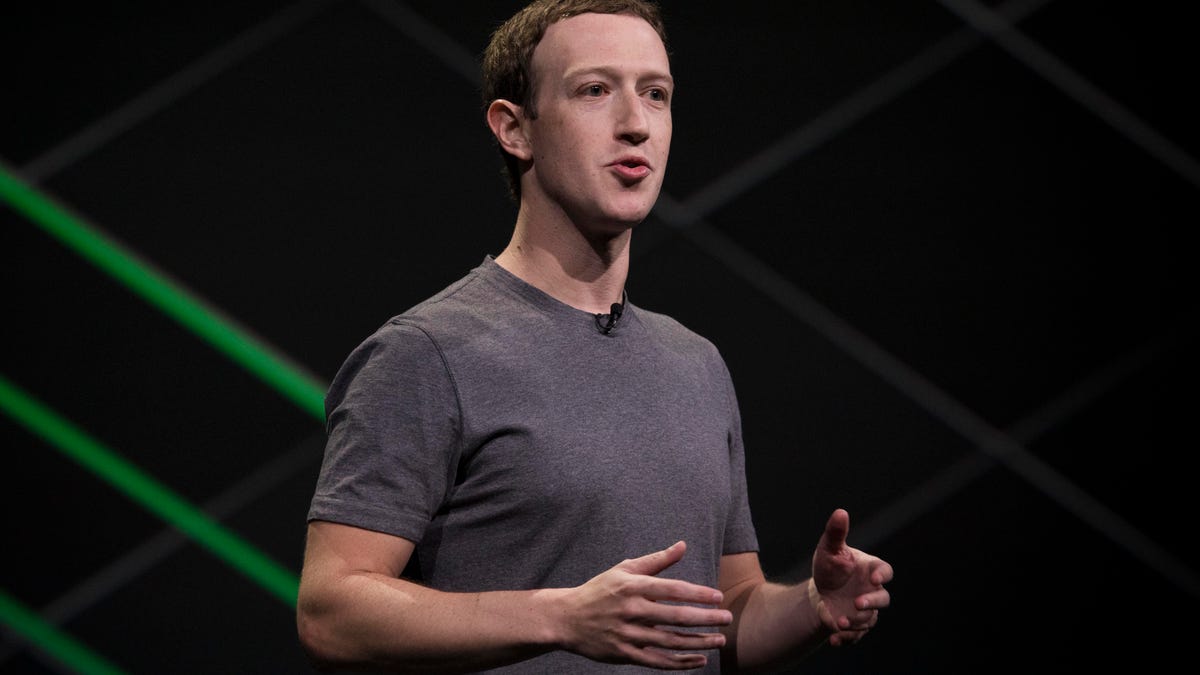Facebook blocks researcher from viewing Russia-affiliated posts
The researcher had looked at the information to study the reach of ads associated with an alleged Kremlin-backed campaign.

Facebook CEO Mark Zuckerberg. A researcher told The Washington Post that the social network had deleted information from 470 Russia-affiliated accounts.
A researcher was still combing through Facebook posts from Russia-affiliated accounts when the social networking company deleted them from the public record.
That's according to The Washington Post, which reported Thursday that analyst Jonathan Albright had downloaded posts from six of the Facebook pages before learning information from all 470 accounts was no longer publicly available.
Albright told the Post that Facebook said the information wasn't meant to be public, and that the company considered it a "bug" that he was able to find and download the data through the Facebook-owned social media analysis tool CrowdTangle.
Facebook confirmed it had fixed a flaw in CrowdTangle that let users see information from inactive Facebook pages. The flaw exposed content that was deleted from Facebook pages. "Across all our platforms we have privacy commitments to make inactive content, that is no longer available, inaccessible," a Facebook representative said in a statement.
The deletion came as Facebook faces scrutiny for its role in disseminated ads bought by Russia-affiliated accounts, which US intelligence agencies say was part of a broad campaign of election meddling backed by the government of Russian President Vladimir Putin . Facebook, along with Twitter and Google, is expected to testify about the issue before federal lawmakers in early November.
First published Oct. 12, 4:35 p.m. PT.
Update, 10:23 p.m.: Adds statement from Facebook
Batteries Not Included: The CNET team shares experiences that remind us why tech stuff is cool.
CNET Magazine: Check out a sampling of the stories you'll find in CNET's newsstand edition.

